Customers nowadays want easy, rapid shopping. Companies may satisfy these needs using modern customer relationship management systems like Salesforce Sales Cloud, which integrates several add-ons, customization tools, and other capabilities.
This popular CRM has all the essential capabilities for managing customer data, executing result-driven sales methods, and improving conversions. It helps organizations enter new markets and attract customers. To make your business meet the needs of potential users, opting for Salesforce sales cloud implementations can work. If you are wondering how to do it? No worries, this guide is useful for small organizations beginning with Sales Cloud and large companies optimizing sales operations.
Once you realize its benefits, it may take a lot of work to employ it yourself. Start Salesforce sales cloud implementations by reversing these steps:
1. Add users with appropriate permissions
Start by adding individuals to your business's Salesforce account. Before importing your data, establish users so subsequent owners have the necessary information and rights to see the records.
2. Adjust Existing Features
Next, ensure that Salesforce items match your company's structure and operations. The stock configuration and any standard or unique fields, objects, tabs, or records may be altered.
3. Provide data, Sales cloud setup: input data
Using the Data Import Wizard's tools, you may import Salesforce data after setting up users and records.
4. Create Basic Reports
Set up automated Salesforce data update steps now. For instance, they may transmit documents for approval or notify owners of changes. Reports and Dashboards provide excellent insights for standard and bespoke items and help users and stakeholders track activities based on defined metrics.
5. Validating And Automating
Salesforce validates information, fields, and values and automates procedures based on business rules. Automated record updates and approval are possible. Other Salesforce automation includes flows, prompts, and more.
6. Make It Public
Plan the Salesforce Sales Cloud rollout so all users may utilize it without issues in their everyday jobs. Salesforce adds and updates Sales Cloud functionality every three months. Team members learn their talents and achieve the objective.
7. Post-Implementation Tasks
Give your crew precise instructions. Connect with other managers, learn about new Salesforce capabilities, and find mistake hotspots.
1. Need-based personalisation
CRM customization may improve sales process scalability, efficiency, and response time. With various user-friendly apps, profiles, dashboard layouts, and UI customization, you can construct processes, display data, and tighten security with permission settings.
Custom objects and apps can monitor pipeline deals more effectively. Another option is creating sales-support software that gives representatives platform-wide data access.
2. Design Salesforce Central for Team Needs
Use the department's focus point to ensure effective implementation in your company. Customer presence data should be sent to Sales Cloud for future performance reviews. Centralized Salesforce simplifies accountability by assuring high-quality dashboard settings. All team members should have a reliable source of information for meetings and suggestions.
3. Automate all sales duties
A recent Salesforce survey found that sales professionals spend 28% of their time on core selling, leaving the rest for deal administration and data entry. Businesses may improve productivity by automating sales processes. When tedious tasks are completed, teams can focus on sales strategy. Automated processes and approvals speed up decision-making.
4. Use Sandboxes
Before launching a new chapter in your company, test it in a sandbox. Sandboxes provide secure testing without interrupting your live system since they work similarly. Use these sandboxes to ensure the implementation doesn't disrupt your setup.
5. Provide Sales Staff with Data Science Resources
Data management requires art and science, which may be intimidating. Data management and analysis that helps salespeople make decisions is tricky. Sales Cloud Einstein simplifies everything by interpreting actual data with AI. This processed data generates a network of leads and helps leaders and managers make better choices.
Final Words
Companies may optimize sales and operational processes using Salesforce sales cloud services, allowing the sales staff to focus on new customers. Sales Cloud Implementation's emphasis on lightning-fast experiences will allow firms to maximize the platform's cutting-edge capabilities, functions, integration, and add-ons, which may produce ROI.
If you're on the fence regarding Salesforce, Codinix Technologies provides Salesforce sales cloud services to assist you in examining your company's requirements. Your firm can trust us for anything. Call our professionals immediately to schedule a consultation.









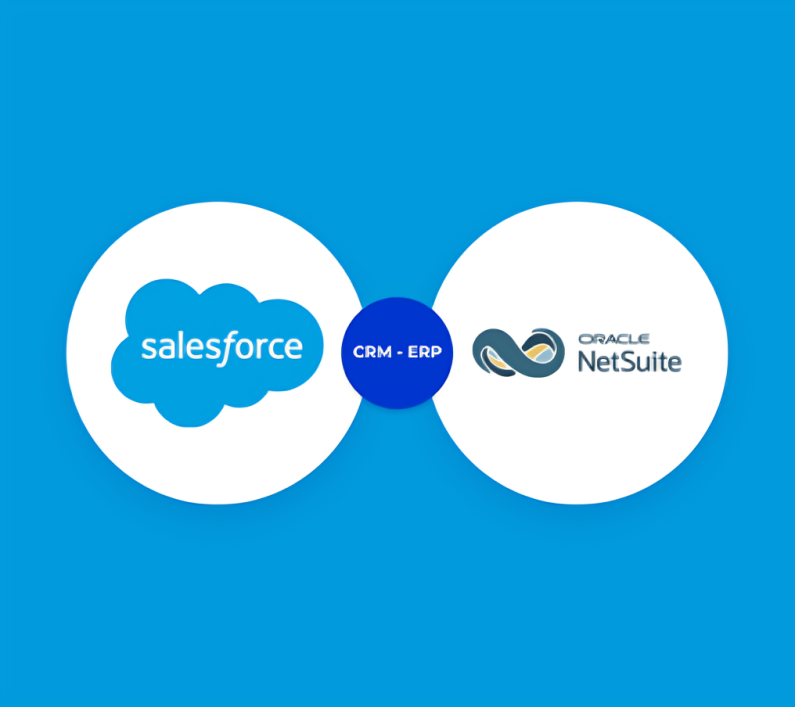
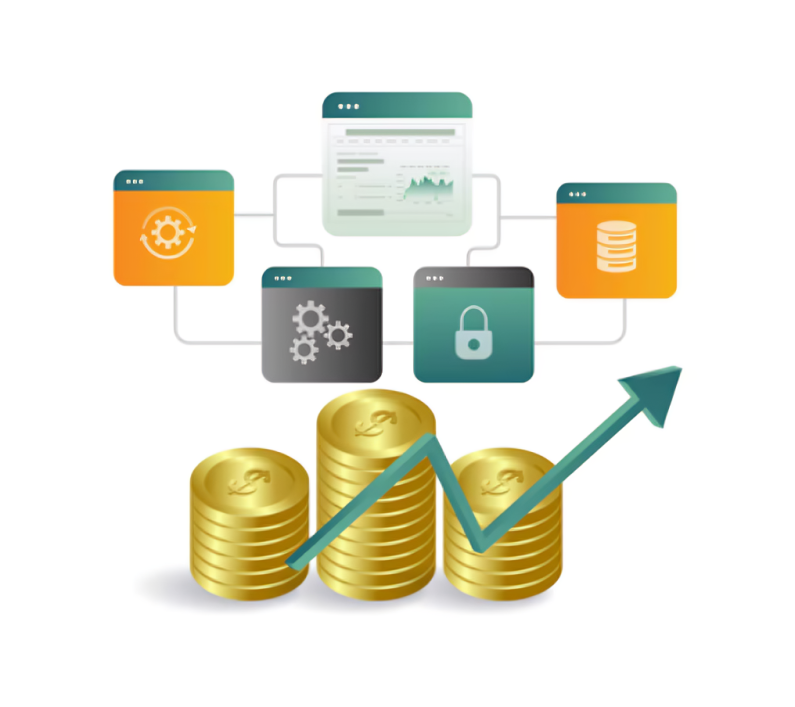






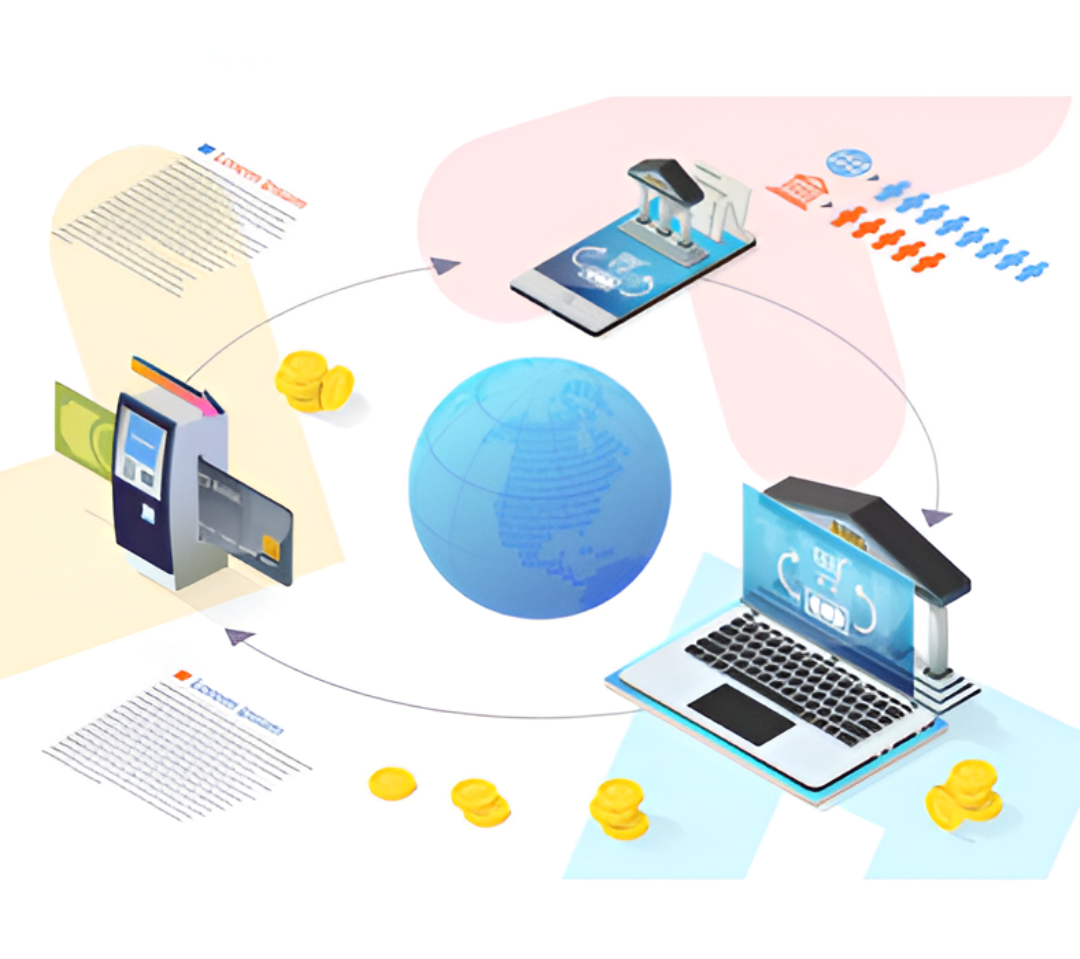








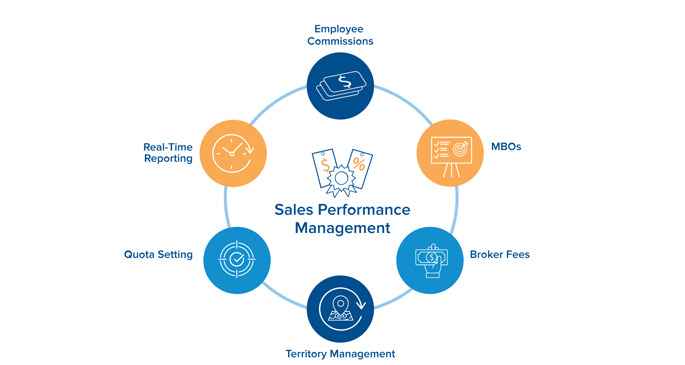



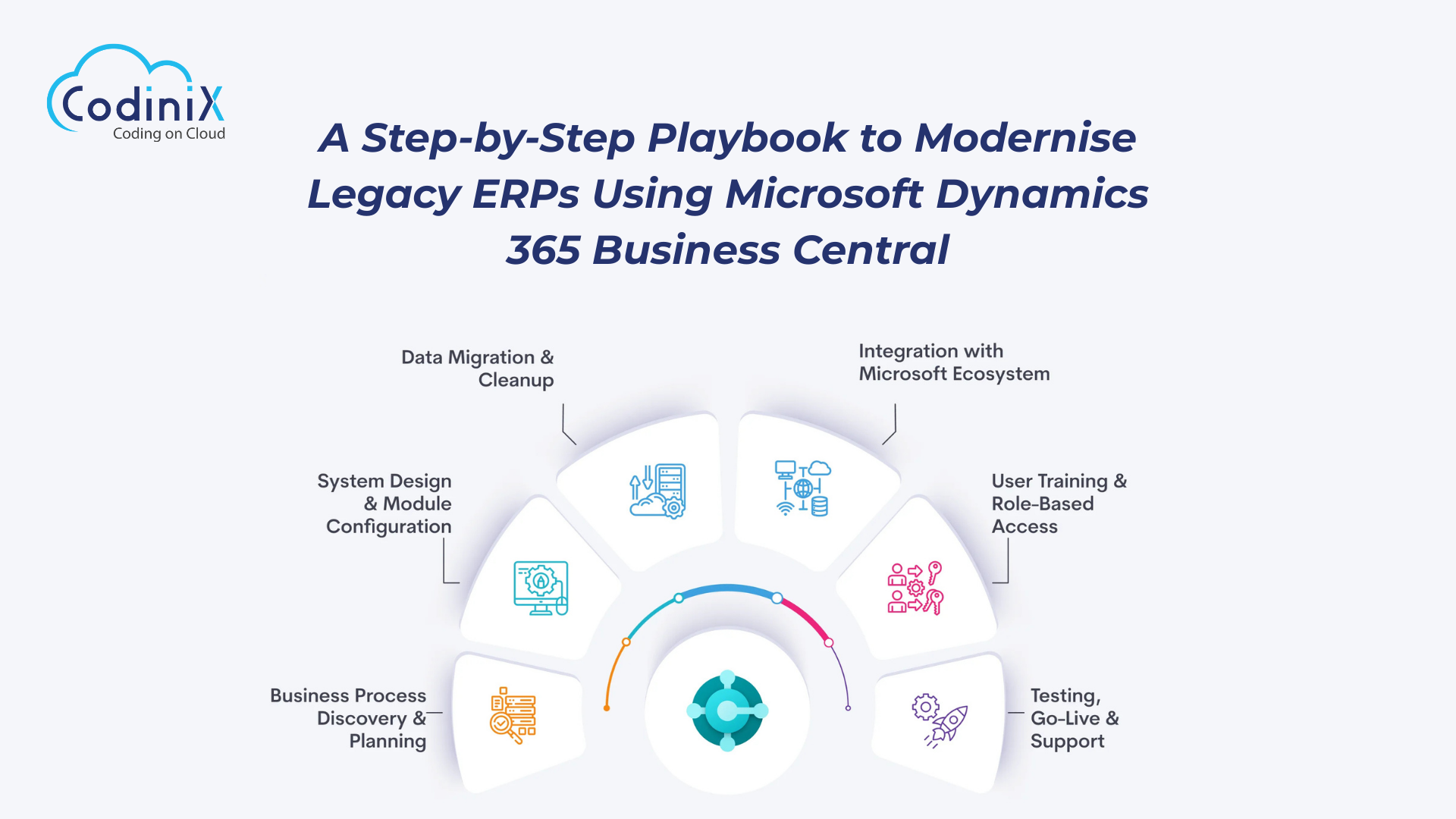

Leave Your Thoughts!!